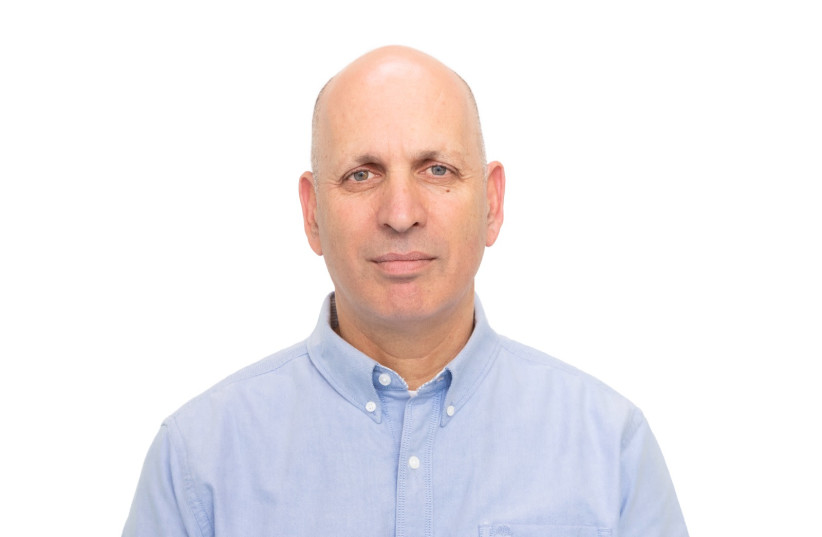Last week marked a pivotal moment for Israeli EdTech startups, as three promising ventures emerged victorious in the Israeli finals of the Global EdTech Startups Awards (GESAwards) organized by MindCET. These triumphant startups are now set to compete on the global stage at the prestigious BETT competition in London next month, representing Israel in the field of educational technology.
GESAwards, initiated in 2014 by Avi Varshavsky, CEO of MindCET from CET, has evolved into the largest global competition in the EdTech domain, spanning six continents and 134 countries. The competition has fostered a community of over 6,000 startups worldwide, providing a platform for innovation and collaboration in the education technology sector.

These are the three Israeli startups that clinched victory in the semi-finals held in Tel Aviv and are gearing up for the BETT global finals:
Storywizard
Founded by Ofir Karkar and Nadav Yaron, Storywizard is an innovative AI platform transforming language studies for children globally. Initially conceived as a tool for creating personalized bedtime stories, Storywizard found its way into classrooms, with over 1,500 schools worldwide leveraging its capabilities. The platform allows students to engage in the creation of complete stories aligned with educational frameworks, making learning a fun and interactive experience. Storywizard’s success is evident in its recent win of the Education Ministry’s digital content tender in Israel.
Plingo
Recognizing the gap in effective English language learning solutions for children aged 5-12, founder Guy Zaslavsky created Plingo, which offers a one-stop-shop app focused on teaching conversation skills, writing, vocabulary, grammar, and pronunciation through engaging games. With approximately 2 million downloads since its launch, Plingo aims to address the needs of a billion children worldwide, positioning itself as a key player in global education systems.
Zoog
In response to the challenges posed by increased screen communication during the pandemic, Yoav Oren and Matan Gutman founded Zoog. This app enhances interactions between grandparents and grandchildren by providing augmented reality content with sound effects and background scenery. Zoog has gained popularity, particularly in the US, and has become viral with increasing demand. The app’s interactive nature, based on familiar worlds for children, captivates their attention and opens up possibilities for expansion into additional languages.
Avi Varshavski, CEO of MindCET, praised the high quality of ventures in the Israeli semi-finals, emphasizing the potential impact of the Israeli EdTech market on the global stage, noting that “the field of learning and education has all the conditions to become the ‘next cyber’ in the Israeli startup scene.”
Yossi Bidetz, CEO of CET, expressed confidence in the role of EdTech in shaping the future of education. He highlighted the significance of the competition in fostering technological-educational initiatives globally.
“Throughout the competition, we were exposed to ten start-up companies that competed for the opportunity to represent Israel in the GESA finals, with various initiatives that will bring about real changes, and most of them are based on creative artificial intelligence,” he said.
“We congratulate the three winners, who demonstrated an innovative and groundbreaking combination of technology and education, we wish them success in the world finals to be held next month in London, and we are sure that they will bring us educational Israeli pride.”
